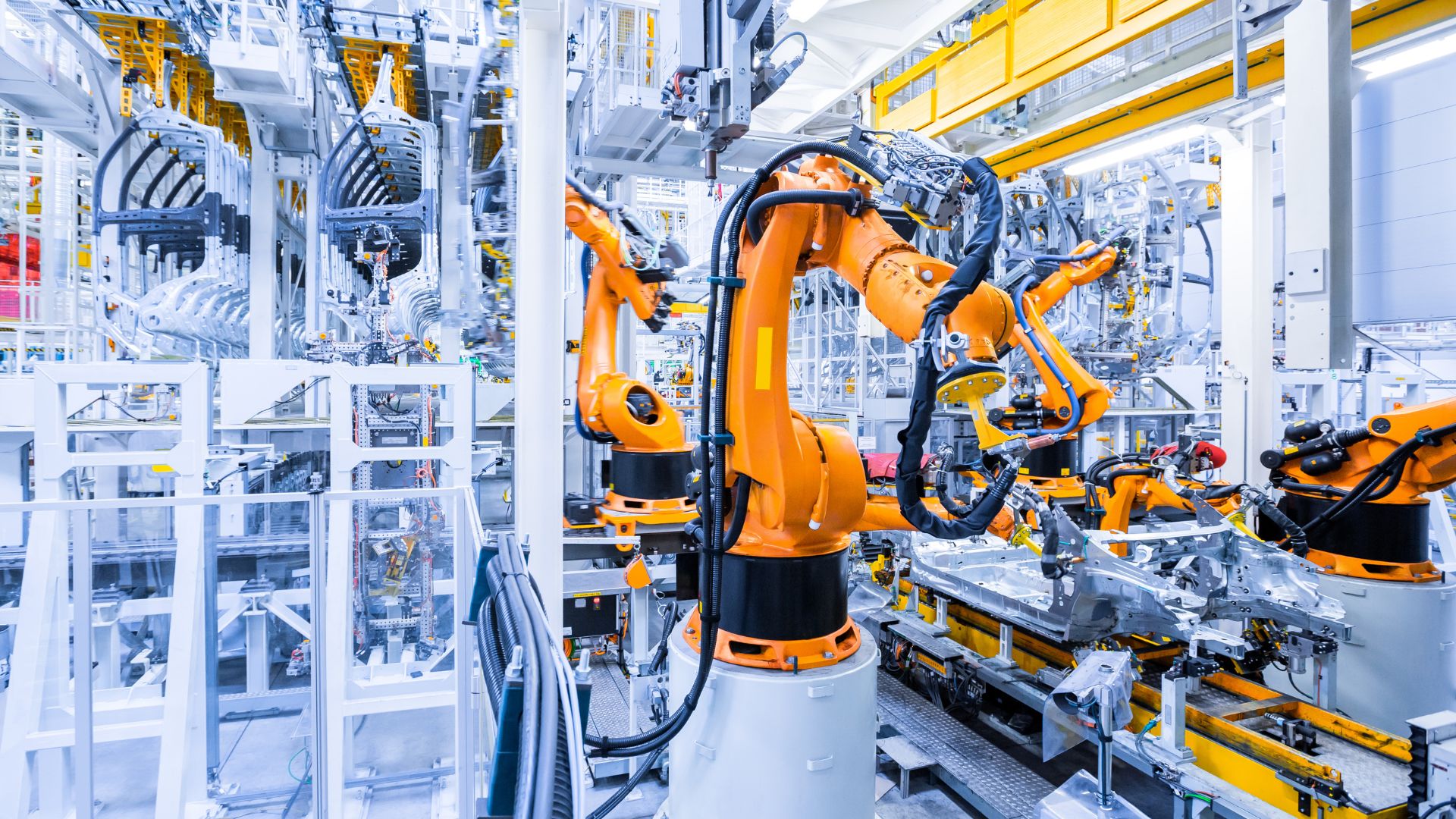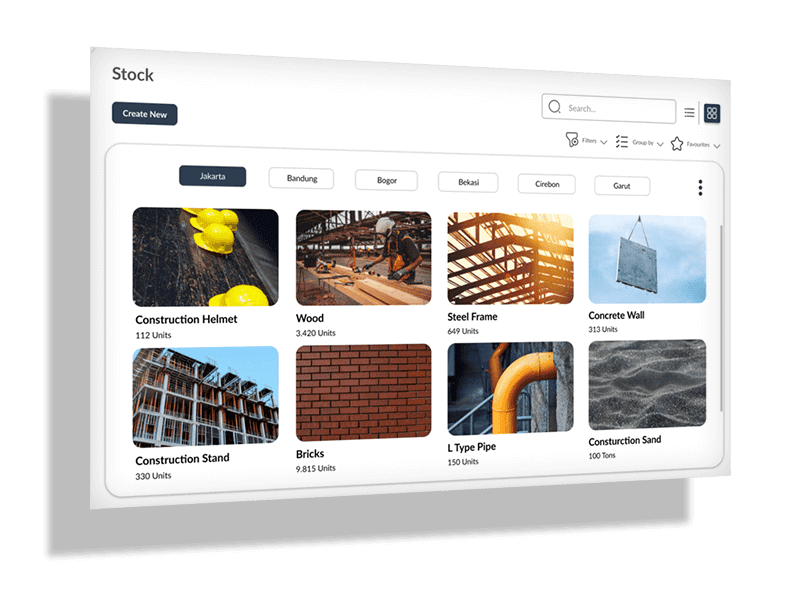The term “automation” in construction often brings to mind the use of machines or robots, but its impact goes much deeper. While automation may influence career opportunities, its primary effect is expected to be a significant boost in productivity.
Automation, along with factors like the demand for affordable, modern infrastructure, is poised to shape the future of the construction industry. The challenge lies in anticipating these changes and preparing the workforce with new skills. Construction software will play a crucial role in this transformation.
Automation introduces a digital revolution in construction through AI-powered systems, enhancing every operational activity—from digital design and analysis to construction documentation and the building process itself. This shift marks the end of manual tasks for construction workers.
In this article, we will explore the influence, impact, and future prospects of construction automation software, including insights into its pricing.
Also read: Reasons Why You Need Construction Management App.

The Definition of Automation for Construction
A key advantage of construction automation software is its potential to significantly boost productivity. Automation in construction involves the use of methods, techniques, equipment, and workflows that streamline every phase of a project—from initial design to the final build. This includes software-based design, automated construction components, and data exchange on systems and energy use in completed buildings. Cloud-based construction software offers an all-in-one solution for these tasks.
In essence, construction automation leverages technology and machines to perform tasks more efficiently and effectively. Integrating AI-powered systems and equipment through HashMicro’s construction software exemplifies the future of automation in the building industry.
The Impacts of Automation on Builders

Shifting into modular construction off-site may have a significant impact on the builders’ workforce in the construction industry; however, such a shift will take decades to implement. Using machines to produce individual components is much simpler than manually on-site.
Much of the work in the construction industry is still performed manually; however, as the project grows in size and scope, automation will take over the work. While the market is expanding, the process is gradual, and many on-site activities will remain relatively unpredictable. This can be challenging if you don’t use any construction systems to simplify construction activities.
So, what’s the impact of using automated software on the builders?
Collaborating with Machines
As automation advances, machines and robots may take over many individual tasks in construction. To stay relevant, workers need to adapt by learning how to work alongside these technologies. This includes using mobile apps or tablets to access building plans or operating drones for site inspections. The best construction management systems facilitate this collaboration by integrating human and machine tasks on a centralized platform.
Managing Project Scope
Comprehensive construction management software ensures projects stay on track by allowing real-time monitoring of progress, time, effort, and costs. This not only boosts productivity but also helps keep expenses within budget. Additionally, it streamlines the management of construction documents, ensuring the project proceeds as planned.
Efficient Job Assignments
Construction companies often handle multiple projects simultaneously, each with its own team from start to finish. Using the right construction system is crucial for centrally managing the delegation of responsibilities across these projects, ensuring smooth and efficient operations.
Also read: Revolutionize Industry with The Construction ERP Software.
Automation in the Future’s Construction Industry
Automation or Al-powered software will boost productivity and economic growth, but people of the world may need to change jobs or update their skills during the industry transformation into adapting tech-based. Especially in the construction industry, there is a possibility that machines or robots will replace humans, but with upgraded skills, they will be assigned new jobs that require new expertise or work together with tech.
For the construction industry’s future, there are at least three main economic effects brought by construction automation software. These effects are as follows:
- The possibility for labor displacement into machines or robots. An automated system will minimize human error.
- As well as the possibility to increase labor productivity. Businesses will only use automation if doing so allows them to create more or higher-quality output with the same amount of or fewer inputs (including material, energy, and labor inputs).
- Possibly, the usage of automation will lead to more economic investment, accelerating short-term GDP growth.
Automation’s Influence on Construction Worker Wages
It’s a fact that automation software will enhance productivity in the long term, which also significantly raises wages for those with advanced or upgraded skills. Workers with more upgraded skills will be in higher demand, and as a result, industries will need them and offer higher wages. Meanwhile, those with no upgraded skills will be in lower demand, which may slow their wage growth. This skills transition period can last for a decade or longer.
Also read: 5 Benefits of Drones for Construction Management
How Does the Industry Handle the Skills Transition?
Automation in the construction industry will lead to a widening skills gap, as in every other sector. Even if the company uses robots to move bricks, it still needs workers to be able to operate and manage heavy equipment. Therefore, the industry requires a considerable increase in workers’ skills and physical expertise.
But where exactly will the workers learn such skills? Advanced construction automation systems require workers to upgrade their skills. Therefore, it needs support from the public sector, private sector, and industry to assist employees in their skills transition or development.
How does the industry handle skill transition? Using automation software appears to have a bright and promising future. However, it doesn’t mean that there won’t be work to do to get the workforce ready for changing demands. The industry will indirectly improve worker productivity, and wages, and prepare them to meet market demand.
Also read: Construction Planning? 5 Ways to Make Perfect Process.
So, What is the Right Automated Software for Your Construction Business?

As stated earlier, automation in construction means using technology or machines to do human work quicker and easier. Developing customizable construction software is an intelligent solution that offers many beneficial all-in-one features to assist construction tasks.
The right one you should choose is HashMicro Construction Software. It provides excellent features for seamless and efficient construction management, including project, tender, and contract. The software is designed to simplify various construction company activities, inventory management, and staff management.
A good thing is, that it has an easy-to-use interface and high security. Download the pricing scheme to calculate the price, or learn more about HashMicro Construction Software by trying our free demo here.














